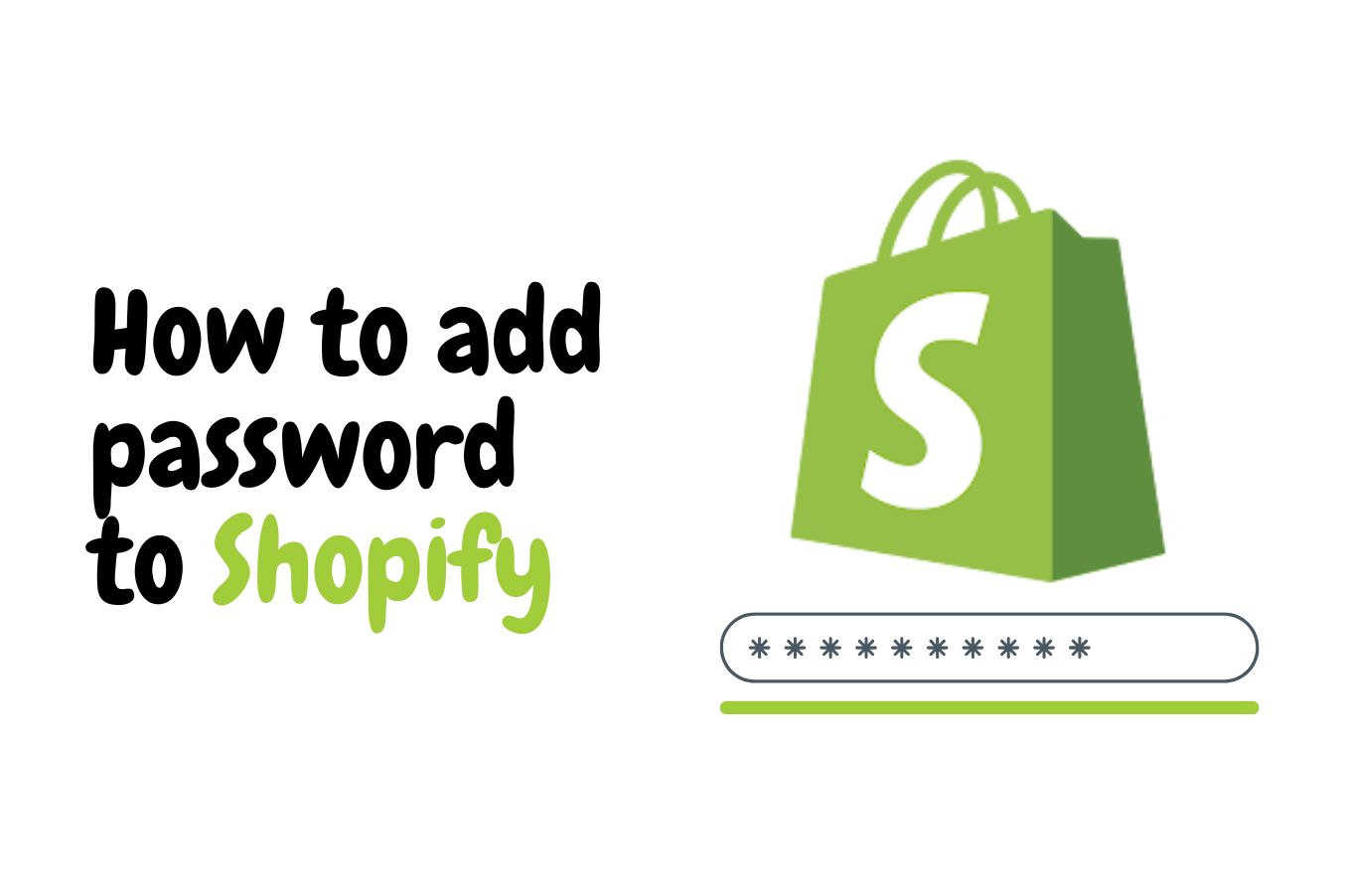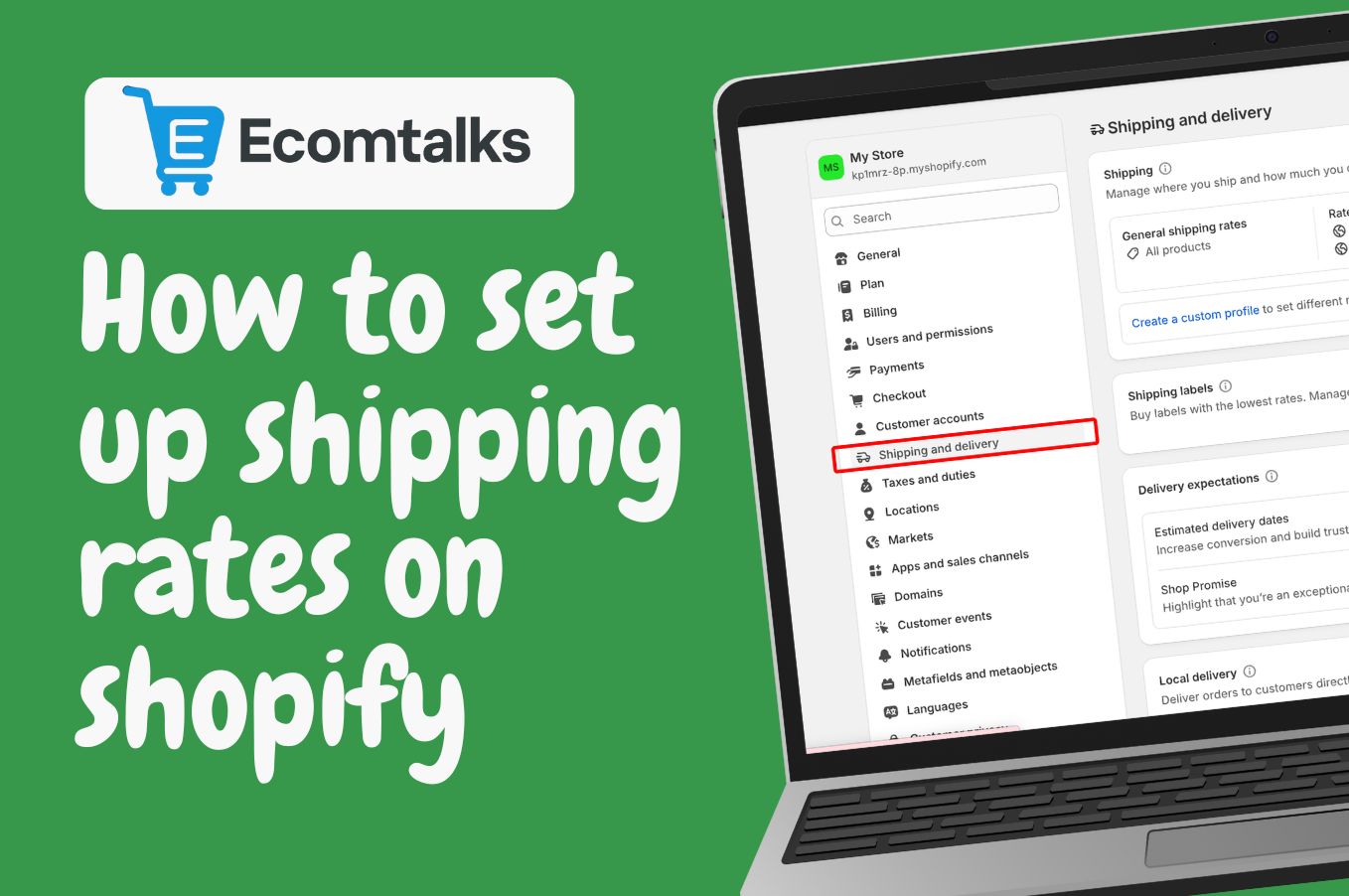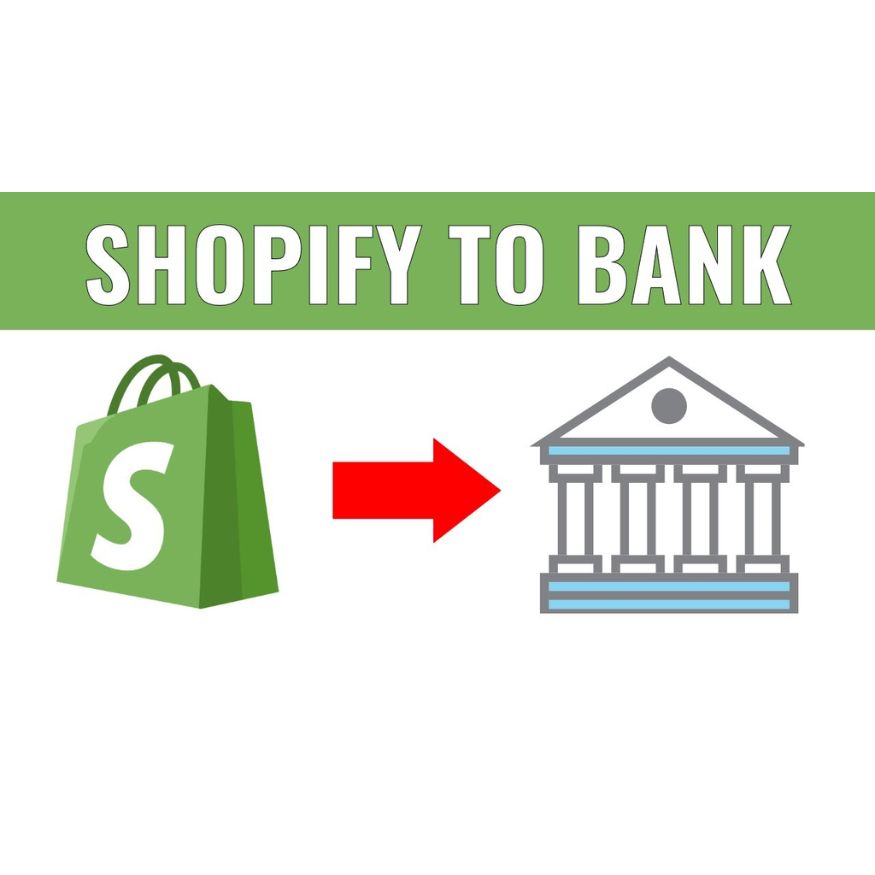What is an ecommerce strategist? How to become one in 2025?
In the booming and fiercely competitive landscape of ecommerce, simply having a website to sell products is no longer enough. To thrive, a business needs a vision, a detailed plan, and a leader to turn clicks into sustainable revenue. This is where the role of an ecommerce strategist becomes absolutely crucial.
So, who exactly is an ecommerce strategist? What do they do, and how can you pursue this high-potential career path? Let's dive deep and explore everything you need to know.
What is an ecommerce strategist?
An ecommerce strategist is the professional responsible for architecting, implementing, and optimizing the entire digital business strategy for a company. They don't just focus on a single silo like marketing or sales; they possess a 360-degree view, connecting every element—from customer experience and technology to marketing and operations—to achieve overarching business goals.

Think of them as the "master architect" of an ecommerce enterprise. While SEO specialists, marketers, and logistics coordinators are the skilled builders constructing individual parts, the ecommerce strategist designs the master blueprint, ensuring every component works together harmoniously and effectively.
Key roles and responsibilities of an ecommerce strategist
The job of an ecommerce strategy expert goes far beyond giving general advice. It’s a role that blends analytical thinking, creativity, and cross team coordination. Their core responsibilities typically include:
Market and competitor analysis
An ecommerce strategist starts by examining the market landscape, identifying key trends, studying customer behavior, and analyzing competitor strategies. This research uncovers hidden opportunities, highlights looming threats, and provides the data needed to make informed strategic decisions.
Comprehensive strategy development
With insights in hand, the strategist creates a clear, actionable roadmap for growth. This includes defining revenue goals, shaping brand positioning, and determining the right mix of pricing, distribution, and promotional strategies to help the business scale sustainably.
Customer experience optimization
A crucial part of the role is enhancing every stage of the customer journey. From the moment a visitor lands on the website to checkout and post-purchase support, the strategist ensures each touchpoint feels seamless, intuitive, and memorable, driving higher satisfaction and repeat purchases.
Data analysis and reporting
Using tools like Google Analytics, SEMrush, or BI platforms, the strategist monitors performance and turns raw numbers into meaningful insights. These insights guide smarter decisions, allowing the business to refine campaigns, optimize budgets, and focus on what truly moves the needle.
Technology and platform management
Choosing the right tools is essential. The strategist evaluates ecommerce platforms such as Shopify, Magento, or WooCommerce, and ensures CRM, email marketing, and automation systems integrate smoothly. The goal is to build a tech stack that supports both efficiency and long-term scalability.
Cross-functional collaboration
Ecommerce success requires alignment across the entire organization. That’s why the strategist works closely with marketing, sales, IT, and customer service teams, ensuring everyone understands the plan and contributes toward the same strategic outcomes.
Why is the ecommerce strategist role so important?
In a saturated market, the line between a thriving online store and one that fades away often comes down to strategy. A skilled ecommerce strategist helps a business in several powerful ways:
Achieve sustainable revenue growth
Rather than relying on short-lived campaigns or quick wins, an ecommerce strategist focuses on building a solid, scalable foundation. Their approach helps the business grow consistently over the long run, ensuring revenue doesn’t spike temporarily but builds steadily over time.
Optimize costs
By digging deep into performance data, the strategist identifies which marketing channels truly deliver results. This allows the business to invest budget where it matters most, eliminating waste and maximizing return on investment.
Enhance customer loyalty
A great strategist looks beyond the first purchase. By improving every aspect of the shopping experience, they encourage customers to return more often—and eventually transform loyal buyers into enthusiastic brand advocates.
Adapt quickly to change
With ecommerce evolving rapidly, staying ahead is crucial. A strategist constantly tracks new technologies, market shifts, and emerging trends, helping the business stay flexible, competitive, and always one step ahead of the competition.

The detailed roadmap to becoming an ecommerce strategist
Becoming an ecommerce strategist requires a blend of foundational knowledge, diverse skills, and hands-on experience. Here is a 4-step roadmap you can follow:
Step 1: Build a solid knowledge foundation
While a specific university degree isn’t strictly required, building a strong foundation in the areas below will give you a significant advantage and set you up for long-term success in the ecommerce field:
- Marketing and digital marketing: Develop a well-rounded understanding of SEO, SEM (Google Ads), content marketing, social media marketing, and email marketing. These skills empower you to attract the right audience, convert visitors into customers, and strengthen overall brand visibility.
- Business management: Familiarize yourself with the fundamentals of finance, operations, and supply chain management. This knowledge helps you see the bigger picture and understand how an ecommerce business truly functions behind the scenes.
- Data analytics: Become comfortable working with analytical tools so you can interpret data effectively, recognize meaningful patterns, and translate numbers into insights that drive smarter strategic decisions.
- Information technology: Build a solid grasp of how websites work, how ecommerce platforms operate, and how systems integrate. This technical understanding allows you to make informed recommendations, collaborate better with developers, and troubleshoot issues with confidence.
Step 2: Cultivate essential skills
A top-tier ecommerce strategist needs a well-balanced combination of hard skills and soft skills to perform at a high level.
Hard skills:
- Data analysis: Strong proficiency in Google Analytics, Excel, and ideally BI tools such as Power BI or Tableau. These tools help you uncover trends, interpret performance, and make data-backed decisions with confidence.
- Ecommerce platform knowledge: A clear understanding of major platforms like Shopify, Magento, and BigCommerce, including their strengths, limitations, and best-fit use cases so you can recommend the right solution for each business.
- Project management: The ability to use tools such as Trello, Asana, or Jira to organize tasks, coordinate teams, and keep projects on track from start to finish.
- SEO and SEM proficiency: Mastery of organic and paid search tactics to improve visibility, bring in high-quality traffic, and boost conversions consistently.
Soft skills:
- Strategic thinking: The capacity to look beyond isolated data points, connect insights holistically, and turn them into a well-aligned, long-term strategy.
- Communication and presentation skills: The ability to explain complex ideas clearly and persuasively, ensuring leadership and cross-functional teams understand and support the strategic direction.
- Problem-solving: A talent for spotting friction points in the customer journey and developing creative, practical solutions that enhance the overall experience.
- Leadership: The ability to guide, motivate, and align teams so the strategy moves from concept to execution smoothly and effectively.
Step 3: Gain practical, hands-on experience
Textbook knowledge alone isn’t enough, you need real-world experience to truly grow as an ecommerce strategist. Here are the most effective ways to build that hands-on foundation:
- Start in related roles: Kick off your career as an ecommerce executive, digital marketing specialist, or SEO specialist. Working directly inside these functions helps you understand how each piece of the ecommerce ecosystem fits together.
- Launch a personal project: Build your own small Shopify store and try selling a product. This end-to-end experience from sourcing and web setup to advertising and fulfillment, teaches you realities that no course or lecture can offer.
- Take on freelance work: Offer your services to small and medium-sized businesses. Even smaller consulting projects give you the chance to apply your knowledge, solve real problems, and start building a credible portfolio.
- Earn reputable certifications: Strengthen your credentials with certifications from Google (Analytics, Ads), HubSpot, or Facebook Blueprint. These not only boost your resume but also validate your expertise in key areas of ecommerce and digital marketing.
Step 4: Build your network and personal brand
Building your presence and credibility in the ecommerce world goes beyond skills—it’s also about visibility and networking:
- Be active on LinkedIn: Share insights, analyze case studies, and connect with industry leaders. Regularly contributing thoughtful content helps you stay top of mind and demonstrates your expertise.
- Attend industry conferences and events: These gatherings are invaluable for learning about the latest trends and technologies while expanding your professional network. Face-to-face interactions often open doors that online connections alone cannot.
- Write a blog or create content: Documenting and sharing what you learn not only reinforces your own understanding but also positions you as a knowledgeable voice in the field. Over time, this builds authority and attracts opportunities.

Career path and salary expectations
Broad and promising career path
Starting as an ecommerce analyst or digital marketing specialist, you gradually take on more responsibility as you gain hands-on experience. Over time, you can move into senior positions such as ecommerce manager, head of ecommerce, or director of digital strategy. For those seeking flexibility and independence, becoming a freelance or consulting strategist is also an attractive option, allowing you to work with multiple clients and industries.
Opportunities for advancement
Advancement in this field is driven by results. Demonstrating your ability to drive traffic, increase conversions, optimize customer experience, and implement data-driven strategies can quickly open doors to leadership roles. Each step up comes with greater influence over strategy and bigger budgets to manage.
Earning potential
In markets like the United States, experienced ecommerce strategists can earn between $70,000 and $150,000+ per year, depending on company size, location, and individual expertise. Senior roles often include bonuses, profit sharing, or performance-based incentives, making this a financially rewarding career.
Flexibility and independence
Beyond traditional roles, many strategists choose to work as independent consultants. This path offers the freedom to select projects, industries, and clients, while often commanding higher rates based on experience and proven results.
Conclusion
Becoming an ecommerce strategist is a challenging yet incredibly rewarding journey. It is a role that demands continuous learning, sharp analytical abilities, and a customer-first mindset. If you are passionate about the digital business world and want to make a real impact on a company's success, then this is the perfect career path for you.
Looking for a simple way to understand how ecommerce really works? Head over to Ecommerce Basics — it’s where every great online seller begins.








.jpg)
.jpg)